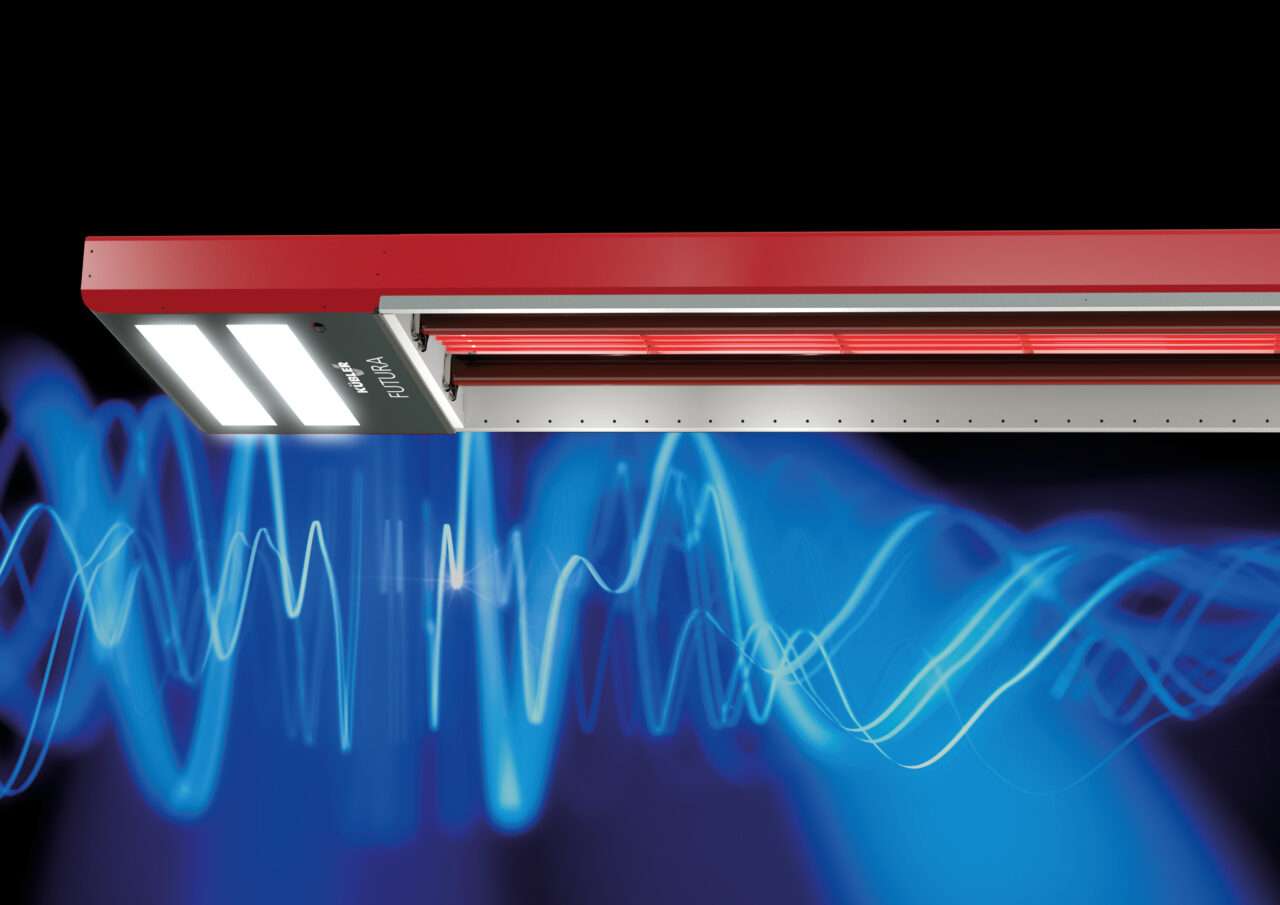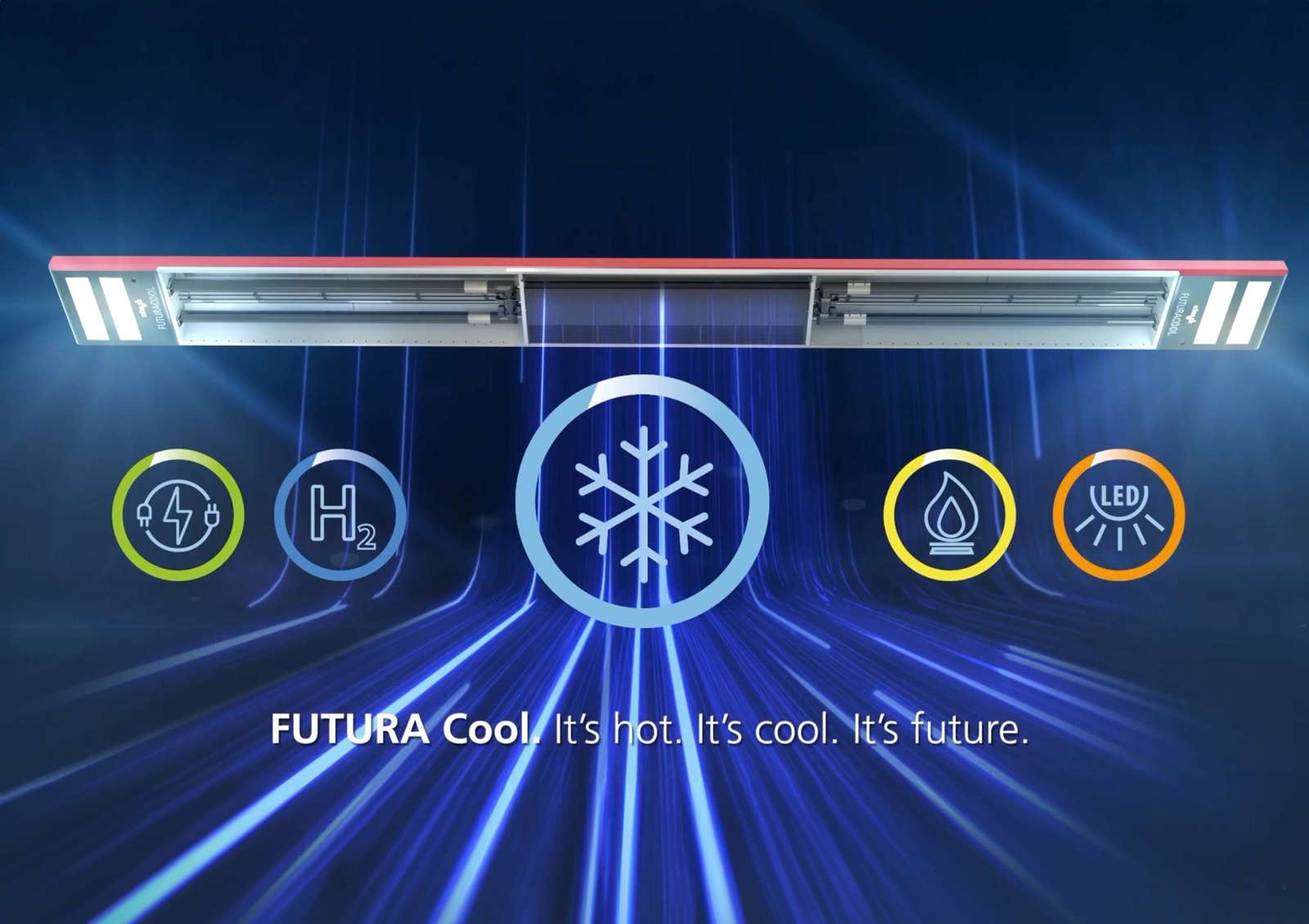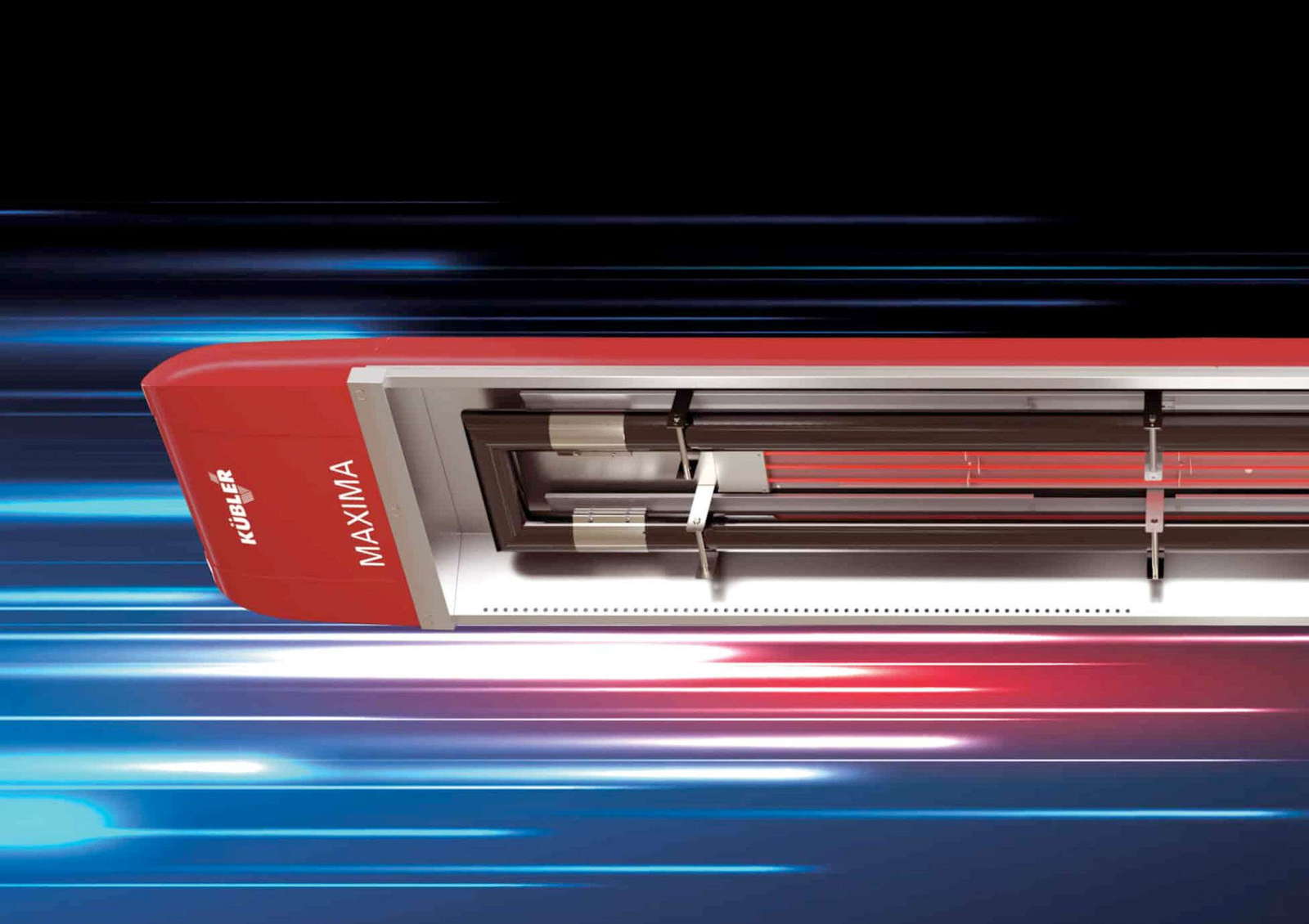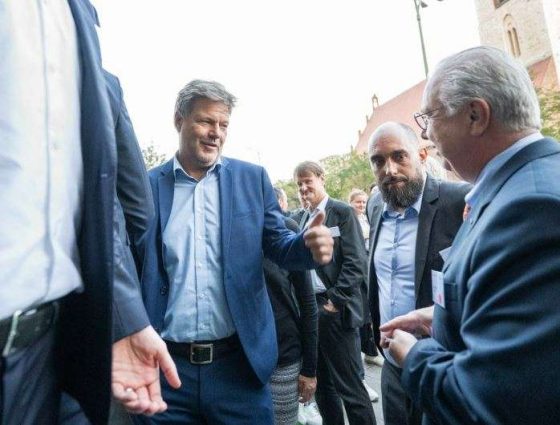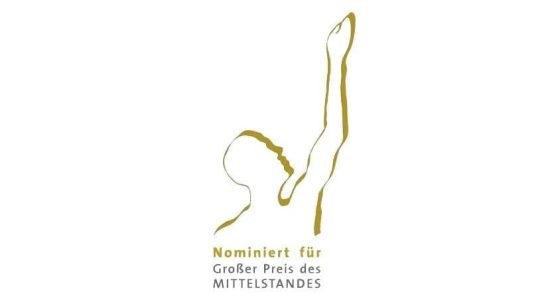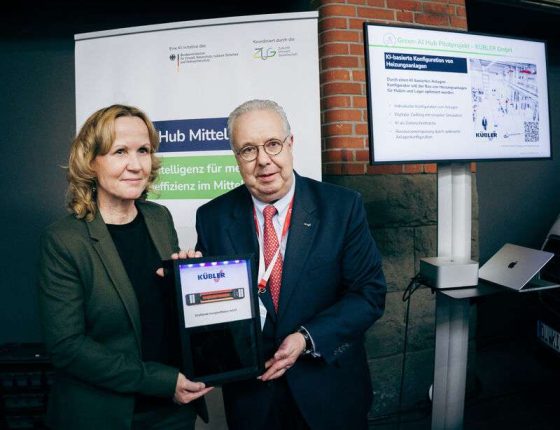"Innovations are made in the SME sector!"
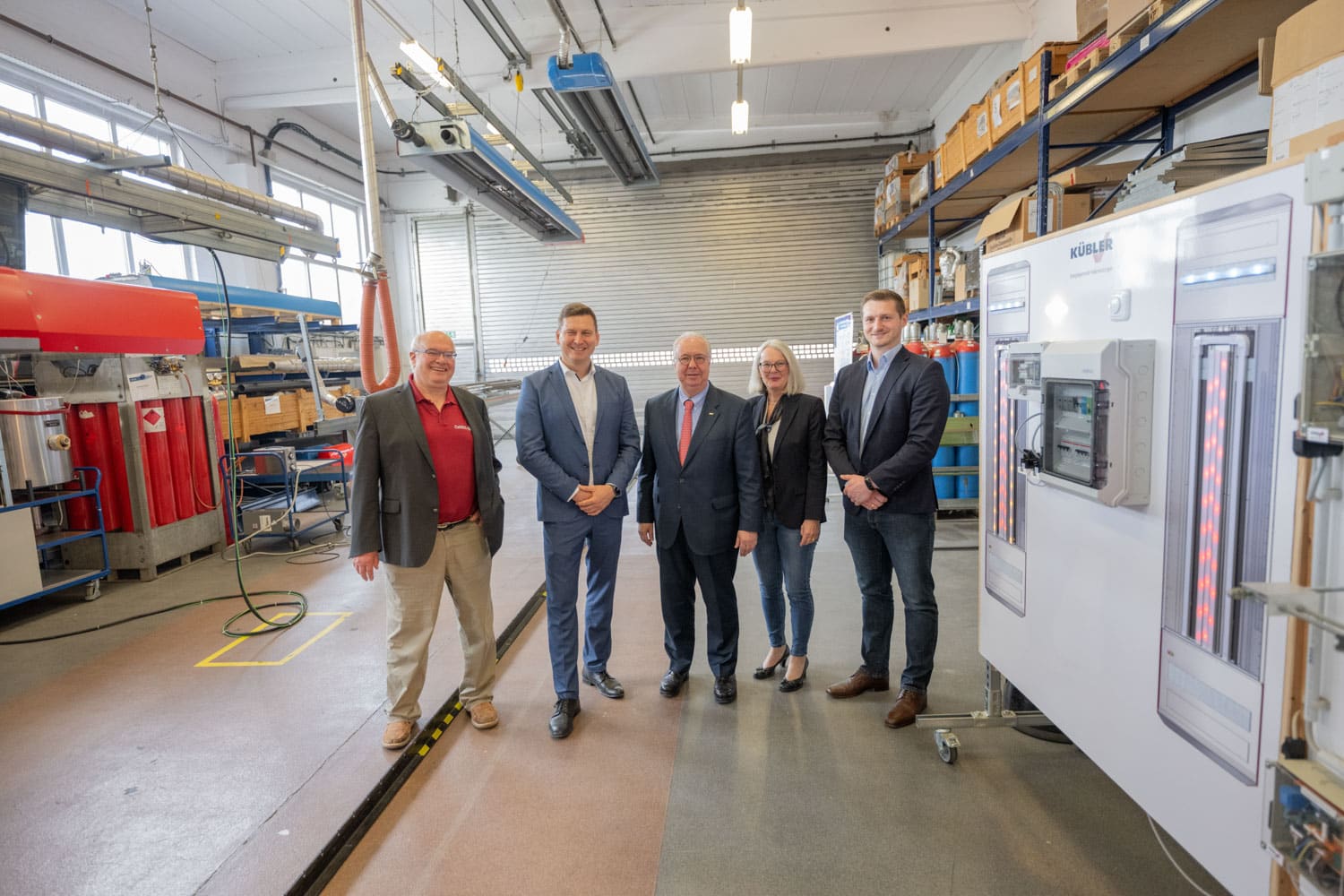
The R&D department of the hall heating specialist KÜBLER has grown to six engineers: since 2007, there have been continuous cooperation projects with renowned institutes such as CeMOS, Mannheim University of Applied Sciences (with 70 engineers the largest research center at a university of applied sciences in Germany) or the Technical University of Kaiserslautern, often funded by the AiF, for example. Tens of millions of euros have been successfully invested in the research budget in recent years - no wonder that the key innovations in the field of climate-friendly hall heating have been coming from the development center in Ludwigshafen for decades and that the company is regarded as a technology and innovation leader.
For Mario Brandenburg, Member of the German Bundestag and Parliamentary State Secretary at the Federal Ministry of Education and Research, this was the reason for the company visit to KÜBLER. But the talks were not just about "... the advertising blog for our latest innovations and AI projects", as Thomas Kübler put it. The entrepreneur was concerned with future development projects at a time when funding is becoming increasingly scarce. Dr. Steffen Manser, Team Leader for Hardware & Software Development at KÜBLER, and Prof. Dr. Matthias Rädle, Head of the CeMOS Institute at Mannheim University of Applied Sciences and long-standing research partner of KÜBLER, were also present.
When it comes to hydrogen ramp-up, everyone agrees in view of the huge PV summer electricity surplus that is rolling towards Europe: "The idea of the future is to store this PV electricity in the form of hydrogen centrally via existing gas grids or decentrally and then use it as 'green gas' for heating during slack periods and in winter," says Rädle. With enormous ecological and economic advantages, because with the new energy-flexible infrared heaters, hydrogen is converted directly into radiant heat without transformation losses and without a fuel cell - and also very cleanly without waste. Of course, the gas networks would have to be upgraded in places, but "... this is not rocket science. With today's technologies and methods, it's relatively easy to do," says Rädle, who is also head of the Steinbeis Transfer Center "Intelligent Industrial Solutions" and the KVE - Competence Center Virtual Engineering. State Secretary Mario Brandenburg: "Hydrogen is a major focus topic - especially with regard to the heat transition. I therefore consider the exchange with KÜBLER to be very important and informative."
But SMEs are facing major challenges. Innovation is also being held back by outdated standards. Innovations for decarbonization should be marketable and accessible much faster today. "This is where politicians need to provide unbureaucratic support for dissemination," says Thomas Kübler. If products that are urgently needed for the energy transition cannot be established on the market, innovation in Germany will no longer make sense. Mario Brandenburg also sees a need for action here and wants to provide support. Because, according to the MP: "Medium-sized companies are clearly the backbone of the German economy. This is where innovations are made".
-
Berlin, September 2023: Energy efficiency is a key pillar of the energy transition - and a topic that all three are committed to: Thomas Kübler, specialist for energy-saving hall heating systems, Dr. Robert Habeck, head of the BMWK, and the German Business Initiative for Energy Efficiency (DENEFF).
-
The Großer Preis des Mittelstandes is one of the special awards that KÜBLER has already received. The specialist for energy-efficient hall heating technologies has also already been recognized with the coveted badge of honour. For KÜBLER, this nomination is about the last two opportunities to go one better for Germany's most coveted business award: to be named Premier or Premier Finalist in the Grand Prix for Small and Medium-Sized Enterprises.
-
The old hall heating system consumes too much energy. And it is becoming increasingly unreliable. Good reasons to finally tackle heating modernization and replace the old system with a modern, energy-efficient one. But the expense seems high and is often shied away from. Yet today there are alternative solutions that can also be very interesting from an economic point of view.
-
At the BVMUV's Future Day for SMEs on March 13, KÜBLER, the specialist for climate-friendly hall heating systems, presents the first results of the joint AI pilot project as part of the Green-AI Hub Mittelstand to Federal Environment Minister Steffi Lemke.
